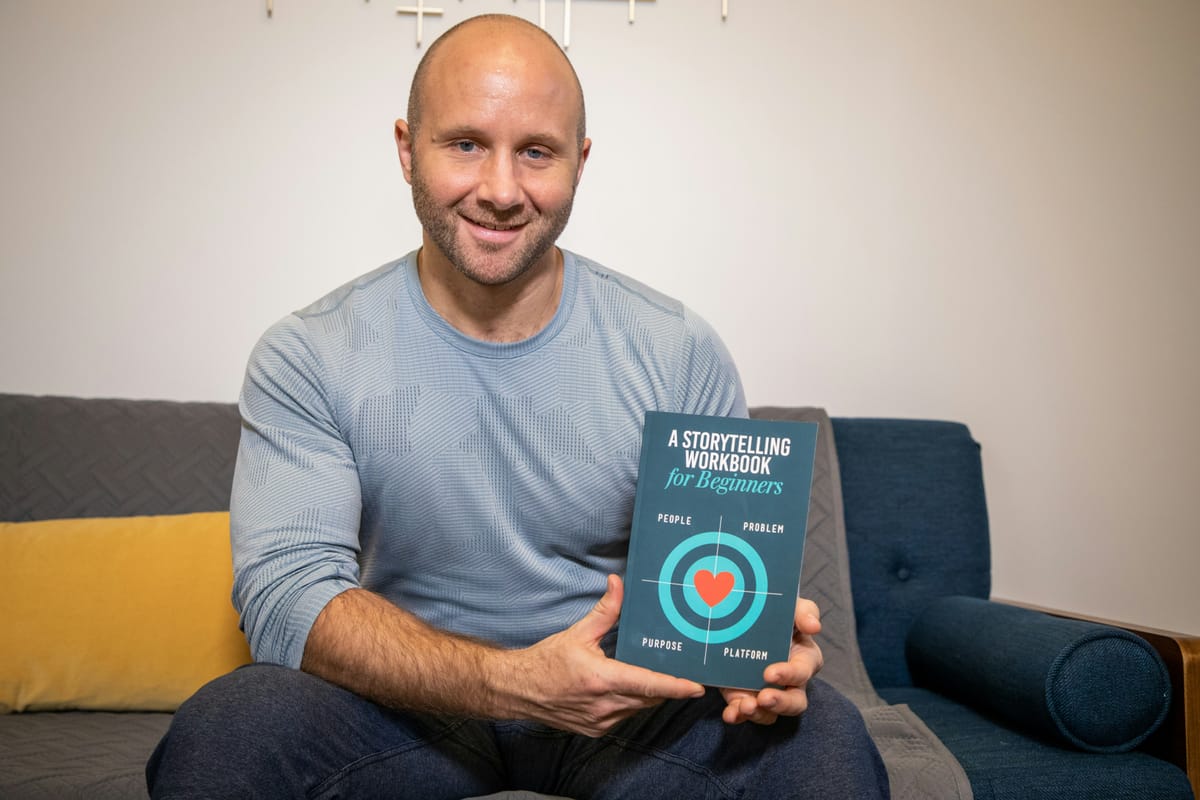The Power of Storytelling: Transforming Daily Life and Communication
In the grand tapestry of life, stories are the threads that weave us together. Whether around a campfire, in a cozy living room, or in the confines of a corporate boardroom, storytelling has the power to captivate, connect, and inspire.

In the grand tapestry of life, stories are the threads that weave us together. Whether around a campfire, in a cozy living room, or in the confines of a corporate boardroom, storytelling has the power to captivate, connect, and inspire. It’s not just an art; it’s an invaluable skill that can transform our daily lives and enhance our communication in countless ways.
The Art of Storytelling
Before we dive into why storytelling is such a powerful tool, let’s understand what storytelling truly means. It’s not just about fairy tales and fables; storytelling is about conveying a message, idea, or experience through the narrative. It’s about structuring information in a way that is not only engaging but also easy to understand and remember. Here are some compelling reasons why you should embrace storytelling as an essential skill:

1. Effective Communication
Storytelling is a dynamic and compelling form of communication. It allows you to express ideas, share experiences, and convey information in a manner that’s not only easy to grasp but also hard to forget. Whether you’re giving a presentation, explaining a concept to a friend, or even just having a conversation, storytelling makes your communication more impactful and engaging.
2. Building Connections
Stories have a unique ability to connect with people on an emotional level. Sharing personal stories or anecdotes can help you build stronger relationships with your loved ones, colleagues, and even strangers. It humanizes you, making you relatable and approachable.
3. Memorability
When it comes to making a point stick, stories have an edge. People tend to remember stories much better than dry facts or statistics. If you want to ensure that your message lingers in the minds of your audience, wrapping it in a compelling narrative is the way to go.
4. The Power of Influence
Storytelling is not just about conveying a message; it’s also a persuasive tool. When you tell a story, you can subtly influence opinions, shape perspectives, and motivate action. Whether it’s in marketing, leadership, or advocacy, storytelling can be a potent instrument for influence.
5. Problem Solving
Storytelling can also be a valuable problem-solving tool. When faced with challenges or dilemmas, telling a story that mirrors the situation can help you see it from a different perspective and identify potential solutions.
6. Engagement
Stories are natural attention-grabbers. In social situations or professional settings, storytelling can captivate your audience, ensuring they remain engaged and interested in what you have to say.
7. Confidence Booster
As you become a better storyteller, your confidence in public speaking and interpersonal communication grows. You’ll feel more at ease expressing yourself and addressing a variety of situations.
8. Culture and Tradition
Storytelling plays a significant role in preserving cultural heritage and traditions. It passes down historical narratives, customs, and values from one generation to the next, ensuring they are not forgotten.
9. Inspiration and Motivation
Stories of triumph over adversity, personal growth, or achievement can inspire and motivate both you and those around you. They provide real-life examples of perseverance and success.
10. Conflict Resolution
Stories can be used to mediate conflicts and build empathy. By sharing stories from different perspectives, you can foster understanding and find common ground.
11. Entertainment
Storytelling is a source of entertainment. It adds richness and enjoyment to daily life, whether through reading, listening to anecdotes, or sharing experiences with friends.
12. Self-Expression
Storytelling allows you to express your thoughts, emotions, and creativity in a structured and compelling manner. It’s a powerful way to share your inner world with others.
In summary, learning storytelling and incorporating it into your daily life is a versatile skill that enhances your communication, connection, and influence. It makes your interactions more engaging, memorable, and impactful, while also contributing to the preservation of culture and the enrichment of personal and professional experiences. So, why wait? Embrace the art of storytelling and watch how it transforms your daily life and communication in ways you never imagined.



